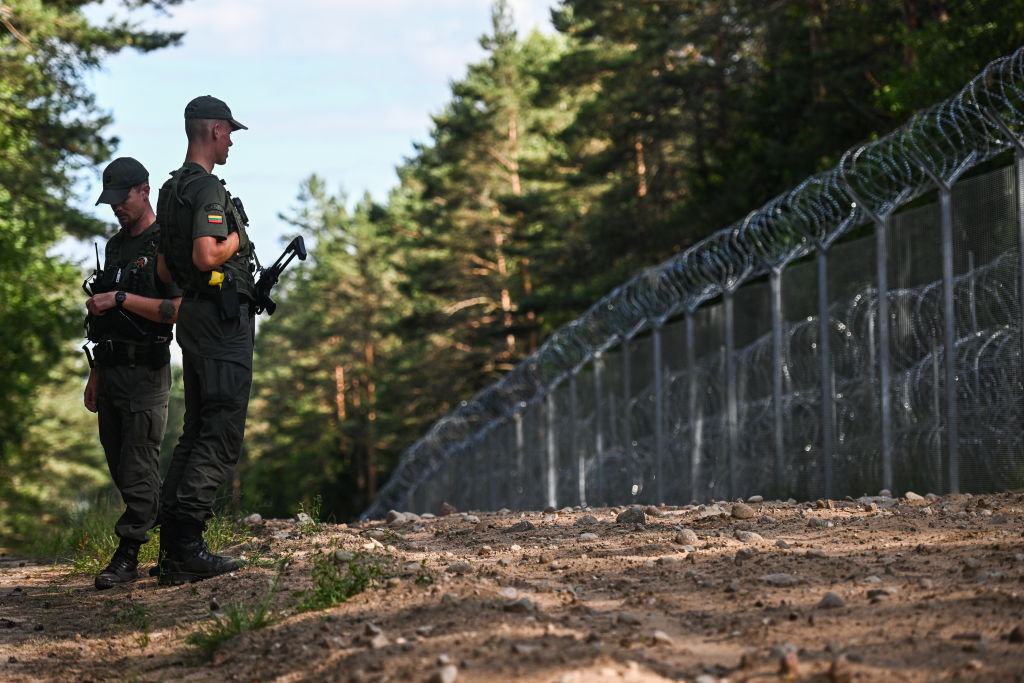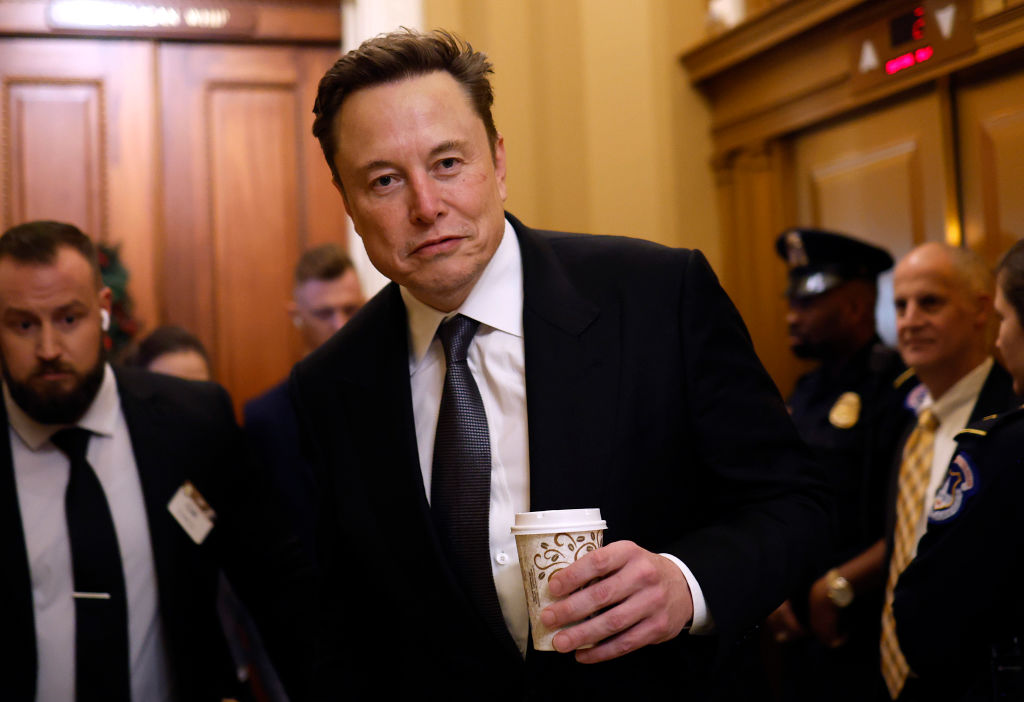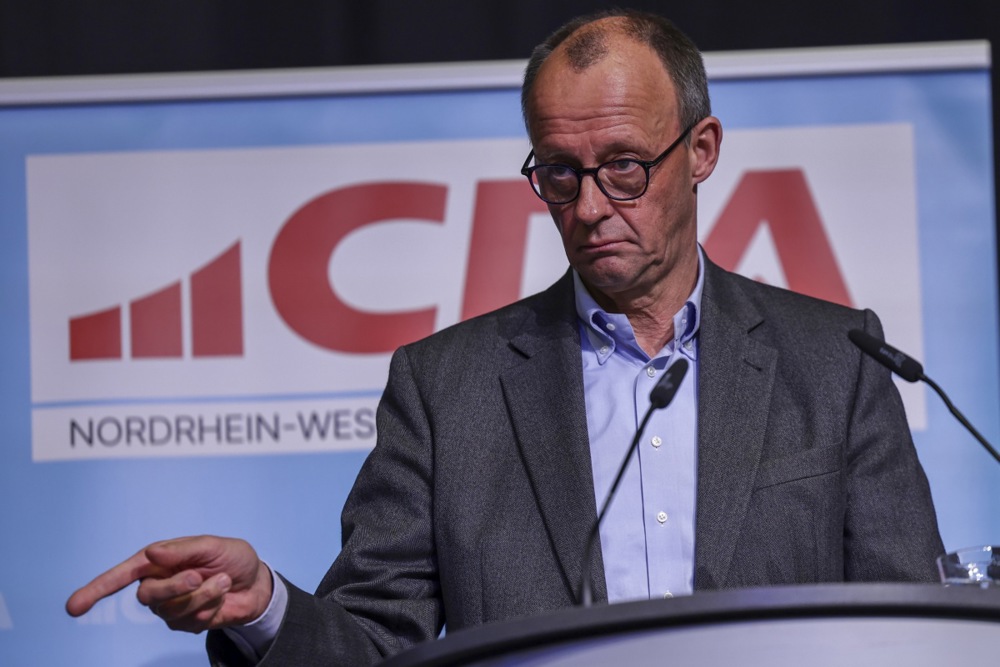In Germany, thousands of protesters gathered outside the Christian Democratic Union’s (CDU) Berlin headquarters. They were furious at its decision to push an immigration law through the Bundestag, the parliament, with the support of the hard-right Alternative for Germany (AfD) party.
The demonstration on January 30 followed the immigration law vote the previous day that for many marked an unprecedented breach of Germany’s long-standing “firewall” against the AfD.

The demonstration, organised by Zusammen gegen Rechts (Together against the far-right) under the slogan “No co-operation with AfD”, denounced what activists called a “historic betrayal”.
“For the first time since 1945, a right-wing extremist party in Germany has real power in the Bundestag,” the group stated on its website.
“The outcry must become even louder,” it insisted, vowing to keep up the pressure until at least February 7.
For years, Germany’s mainstream parties have maintained a strict “cordon sanitaire”, or firewall, refusing to co-operate with the AfD.
Just 72 hours after the initial breach on January 29, another major vote looms in the Bundestag on January 31.
This time the proposed legislation aims to cut migration, tighten family reunification rules, and expand federal police powers. Again, it could pass through parliament with potential backing from the CDU/CSU, AfD, and the hard-left BSW.
A recent poll published by German newspaper Bild found that two-thirds of respondents want the Social Democratic Party (SPD) to back the bill.
That suggested to some that a majority of Germans may be in favour of ending the political isolation of the AfD, thus deepening divisions in the country.
Speaking to Brussels Signal on January 31, SPD MP Dirk Wiese defended Germany’s need for immigration, citing what he termed the “demographic challenge” facing the country in the coming years.
He did, though, acknowledge the need for stricter controls: “We need more order on asylum. People who break our laws must leave. But at the same time, we need migration for the German workforce.
“We have a demographic problem.”
Concerns over CDU leader and chancellor candidate Friedrich Merz’s next move were also growing, he said. “Merz is preparing for a coalition with the far-right.
“That makes the future uncertain. It is unclear what the result will be on [general election day] February 23.”
The German Bundestag – the main chamber of parliament – has voted in favour of a proposal by the Conservative Christian Democratic Union (CDU) party for stricter immigration laws.https://t.co/Cd4MsRfbCA
— Brussels Signal (@brusselssignal) January 30, 2025





